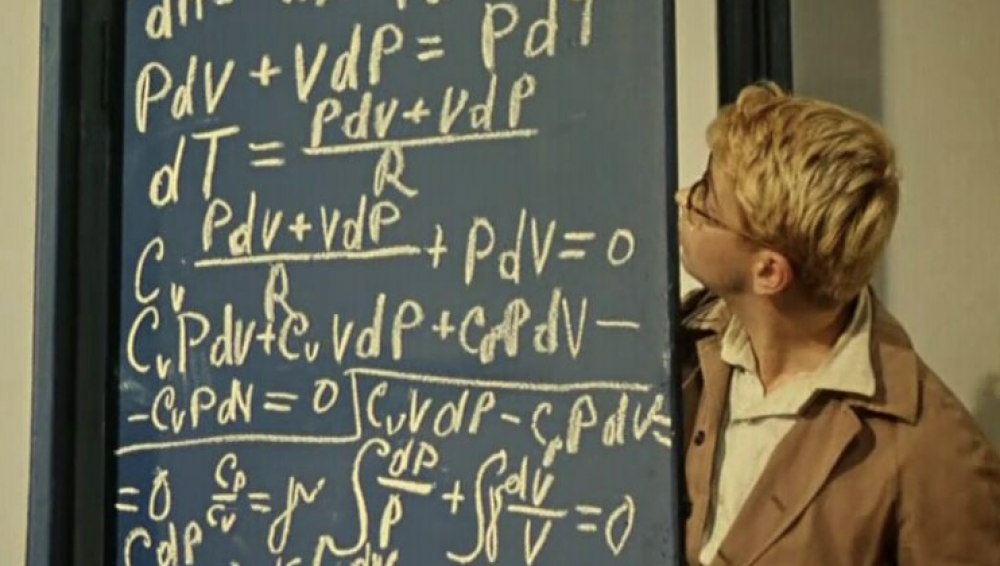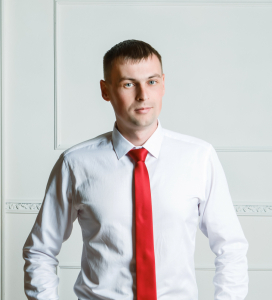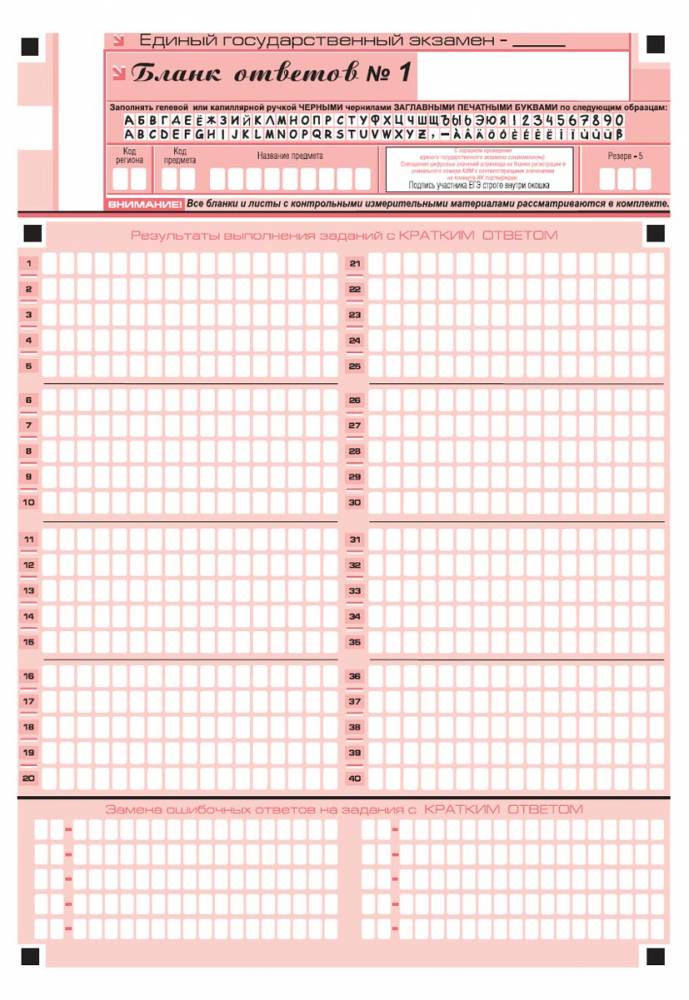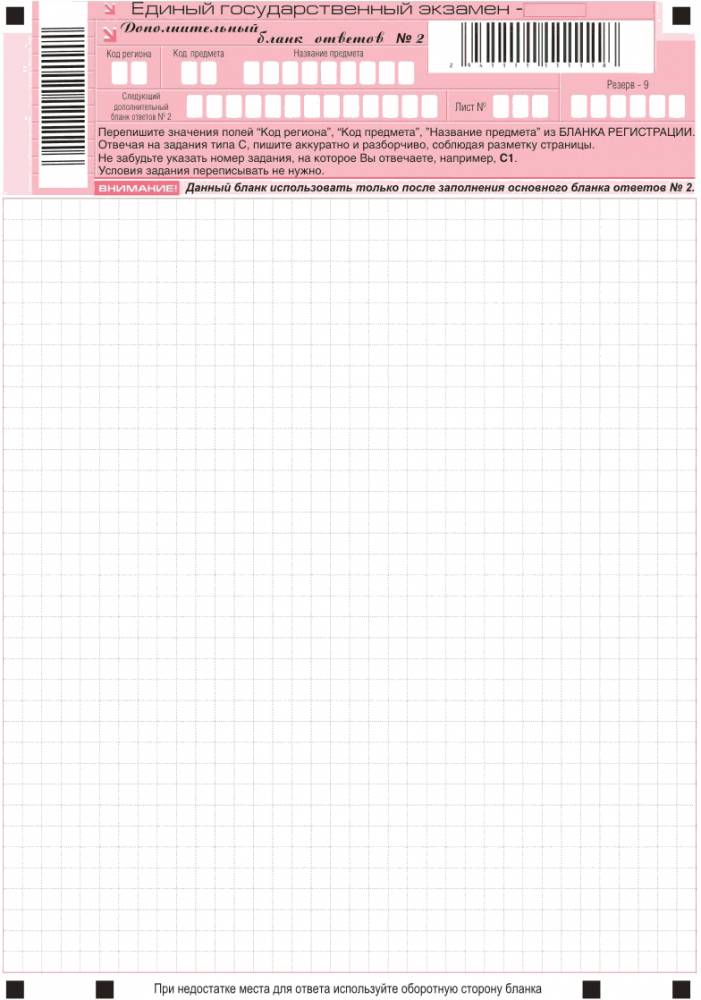Unified State Examination: From the test quest to the Chinese language
Higher Education DiscoveryRussian educationОбщество с ограниченной ответственностью «Редакция журнала «Аккредитация в образовании»Global education
This year, the Unified State Examination as a mandatory certification marks its anniversary. Over the 10th anniversary the USE has undergone many changes, and the process continues. How the final certification started in the beginning, is it possible to prepare without tutors and what awaits graduates in 2019.
The first time USE project was mentioned in 1999. Activists of the Center for Strategic Studies of Russia decided to analyze the possibility of holding a unified state exam in Russia. They were convinced that it should be massive, independent, objective and comparable. The school five-point scale was replaced with a 100-point scale. Questions were divided into several categories:
1) with the choice of the correct answer from the proposed answers,
2) with the record of the short answer (the numerical answer on the math exam, the word without errors in the Russian language exam),
3) with a detailed answer (proof of a Geometry theorem or an essay in Literature).
For 10 years, testing the exam was conducted voluntarily. Finally, in 2009, the Unified State Examination was the only form of final exams at school and the main form of entrance exams for universities in the Russian Federation, - recalled Lyubov Osipova, head of the independent education quality assessment department of the Institute for the Development of Education in the Ulyanovsk Region (Russia). - At the same time, automated processing of examination forms was introduced.
|
|
Since then, every year the structure of the state exam has changed - both substantively and technically.
2009
- The points received for the state exam do not affect the final marks in the certificate. But if a graduate passes both compulsory exams unsatisfactory, he/she is only issued a school leaving document. USE retaking is only possible in a year. Graduates receive both a Unified State Examination Certificate and a School graduation certificate. The results of the USE exam are valid until December 31 of the year following the exam.
2010
- Innovations were implemented in the testing and assessment materials. Mathematics tasks have become more specific, worldly. Students were examined how they apply the formulas and rules in practice.
- Those who graduated before January 1, 2009 could opt taking exams in the traditional form instead of passing USE when they enrolled in a higher education institution for full-time education.
- The number of stages of enrollment in universities has decreased from three to two. This step made it possible to monitor in a timely manner whether the applicant scored the required number of points for admission to the desired university. The applicant could pick up documents from one university and send it to another the same day, where he/she admitted during the second wave.
- Universities received the right to establish a minimum required points not only for the major, but also for all other subjects.
- Prospective university students may submit applications to no more than five universities, and no more than three fields of study in each.
- All Russian universities are to publish admission rules on their websites before February 1.
2011
- The Olympiad winners are entitled to use the exemption for entrance exams only to one university, and they go through the general competition with the results of the USE to other HEIs.
2012
- The Unified State Examination in History introduced the task “Historical Portrait” with the writing of a mini-essay. The tasks in Part B complicated: one needed to match not only the date and identity, but also a historical event.
- The Unified State Examination in Mathematics included tasks from the “Probability and Statistics” discipline and from the geometry course.
- The tasks of choosing the correct answer from the proposed options were introduced in the testing and assessment materials of Literature examination, while the total number of tasks remained the same.
2013
- USE results for admission to undergraduate and graduate programs were valid for four years following the year they were received.
- Error analysis session began after a massive leak of the testing and assessment materials.
2014
- To avoid massive leak of the testing and assessment materials, the number of examination materials and options was increased. For various time zone areas specific versions of the testing and assessment materials were developed. They were delivered to various regions not within three days, but the day before the exam and kept them in special storages with a video surveillance system.
- Cameras and cellular signal jammers were installed in auditoriums, corridors, and classes.
2015
- An oral part was added to the foreign language examination with the final essay held in December as permission for the USE exam (marks - pass/fail). Upon admission, the university could rate the essay - up to a maximum of 10 points added to the USE score.
- The test part was removed from the Russian language USE examination.
- The number of tasks with a choice of answers was reduced in all subjects exams.
- The division into blocks (A, B, C) was removed from the testing and assessment materials with only consecutive numeration remained.
- Unified State Examination in Mathematics divided into basic and specialized levels.
- Most tasks were taken from the USE open data bank (fipi.ru).
2016
- The practice-oriented tasks of the basic level and tasks on stereometry of an advanced level were excluded from the specialized level of Mathematics. The maximum primary score decreased from 34 to 32 points.
- Tasks with the choice of one answer out of four and tasks to establish compliance were excluded from the History examination. Assignments for knowledge of dates, basic facts, work with a textual historical source, assignment for the history of the Great Patriotic War, historical essay were added. The length of the writing increased to 235 minutes.
- Many changes have been introduced regarding correspondences, generalizations and other nuances of performing testing and assessment materials in the Chemistry assessment.
- Tasks with a brief answer in the form of a single digit are excluded from the Social Science examination. The number of tasks decreased from 36 to 29. The maximum primary score for all the work is 62.
2017
- Tasks with the choice of one answer were excluded from the examination work in Biology. New types of tasks were introduced. The number of tasks reduced from 40 to 28. The maximum primary score reduced from 61 to 59 points. The time of writing of the work grew from 180 to 210 minutes.
- In Chemistry, tasks with the choice of one answer were excluded; tasks were grouped into separate thematic blocks of basic and advanced levels of difficulty. The total number of tasks reduced from 40 to 34. The maximum primary score totaled 60 points (instead of 64 points in 2016).
- Tasks with the choice of one correct answer were excluded in Physics assessment, while tasks with a short answer were added.
2018
- Examination materials were delivered via electronic data storage devices. They were printed at the examination center in the presence of students, and they were scanned there too.
- The basic level of the Russian language examination included a task of knowing the lexical norms of the modern Russian literary language.
- In the Literature exam, the requirement to substantiate the choice of an example for comparison was abolished. The criteria for evaluating the performance of tasks with a detailed answer were completely changed.
- In Social Science, the criteria for evaluating assignments 28 and 29 changed, while the forms for writing answers in Computer Science modified.
- A high-level task with a detailed answer added in Chemistry; in Physics - a baseline task on knowledge of Astrophysics.
2019
- The criteria for evaluating a number of tasks in Literature, the specification in Social Studies have been changed.
- In the application for participation in the USE examination school leavers must choose one of the two levels of the Mathematics exam: basic or specialized. If a student does not cope with the tasks in Mathematics, he/she will be able to replace the previously selected level and pass it again on reserve days. If one fails the specialized level during reserve days, he/she can pass the basic level examination to receive a certificate in September.
- Past years graduates who already have a certificate, can not pass the basic level of Mathematics USE examination.
- The test part of the tasks is excluded from the testing and assessment materials in Physics, Biology and Chemistry. Exam participants must enter the answer themselves, and not choose from the proposed in those subjects.
- For the first time the Chinese language USE examination will take place. It will become the fifth language of choice along with English, German, French and Spanish.
- The honour certificate will be awarded to graduates who have “excellent” final marks in all academic subjects, successfully passed the state final certification, and also passed the USE in the Russian language and Mathematics at the specialized level with at least 70 points or “excellent” mark for the basic level.
- The USE will become the main form of state final certification for graduates of Crimea and Sevastopol.
- The testing and assessment materials in all academic subjects are supplemented with instructions-reminders for USE participants on checking the recording of answers on the standart forms.
- In the exam of the Russian language the task of knowing punctuation text analysis are added. The range of checked spelling and punctuation skills has been expanded.
Reference
The minimum required points for university admission:
Russian language - 36; Mathematics - 27; Computer Science - 40; Biology - 36; History - 32; Chemistry - 36; Foreign languages - 22; Physics - 36; Social Studies - 42; Literature - 32; Geography - 37 points.
To obtain a School leaving document:
Russian language– 24 points; Mathematics – 27 points; Mathematics basic level - 3 (satisfactory mark).
Exam: with or without special preparation?
Today, perhaps, each graduate is specially preparing for final certification. There are paid sections on the school basis and individual classes with tutors, online testing. Parents spare no expense and no pains for the high scores of their children on the Unified State Examination, because the future of their children depends on the exam result.


